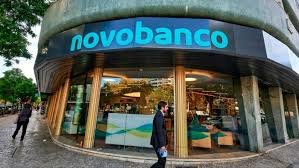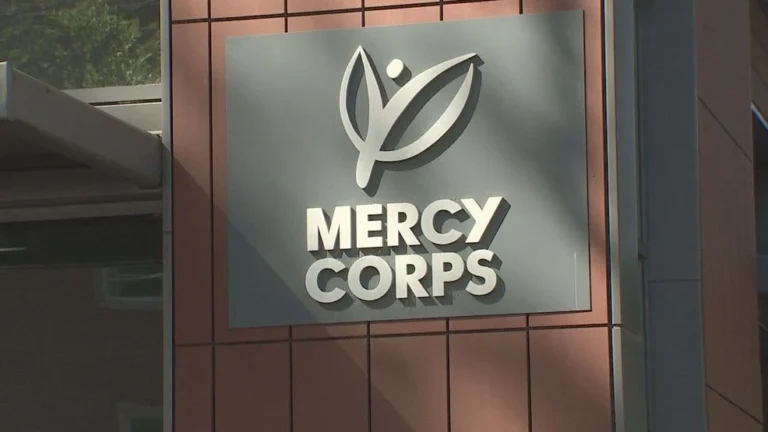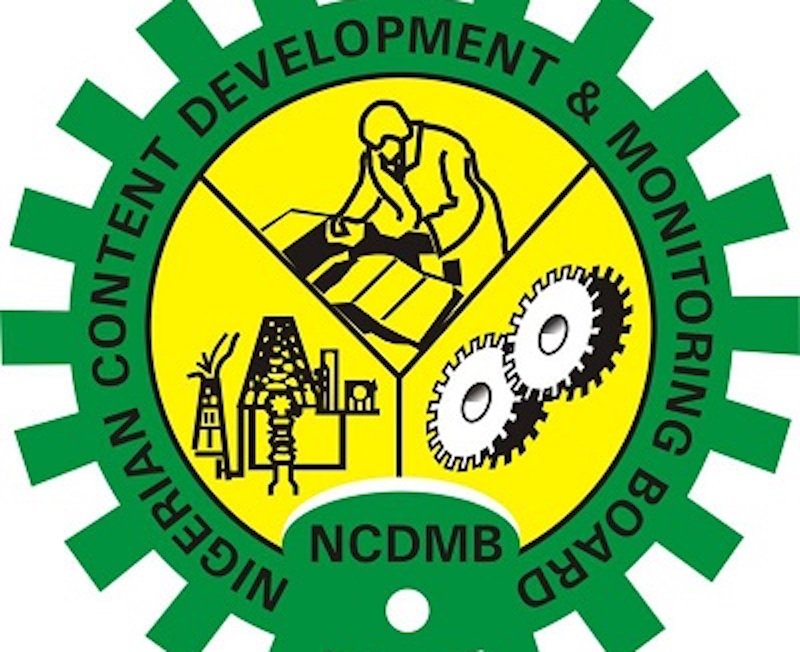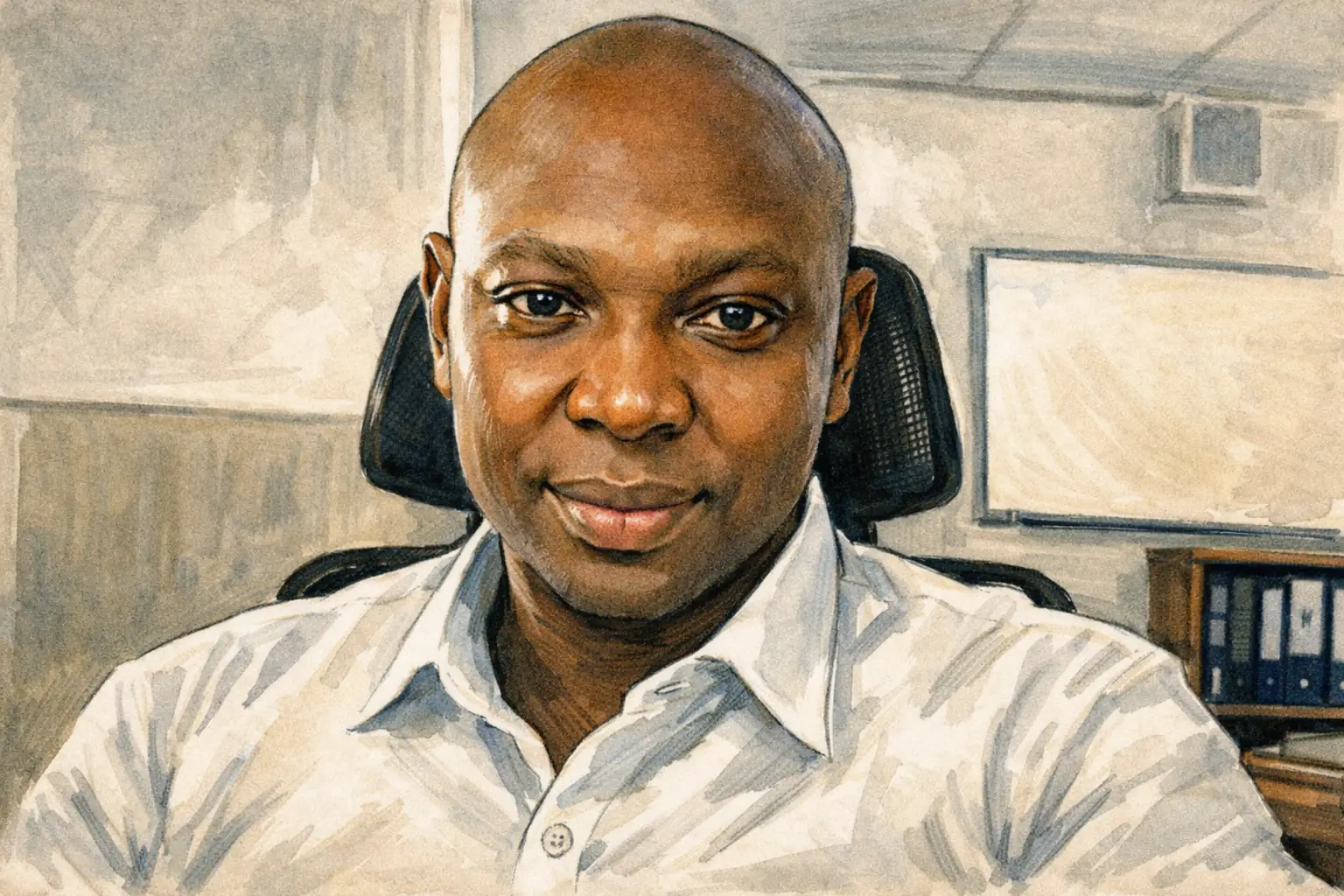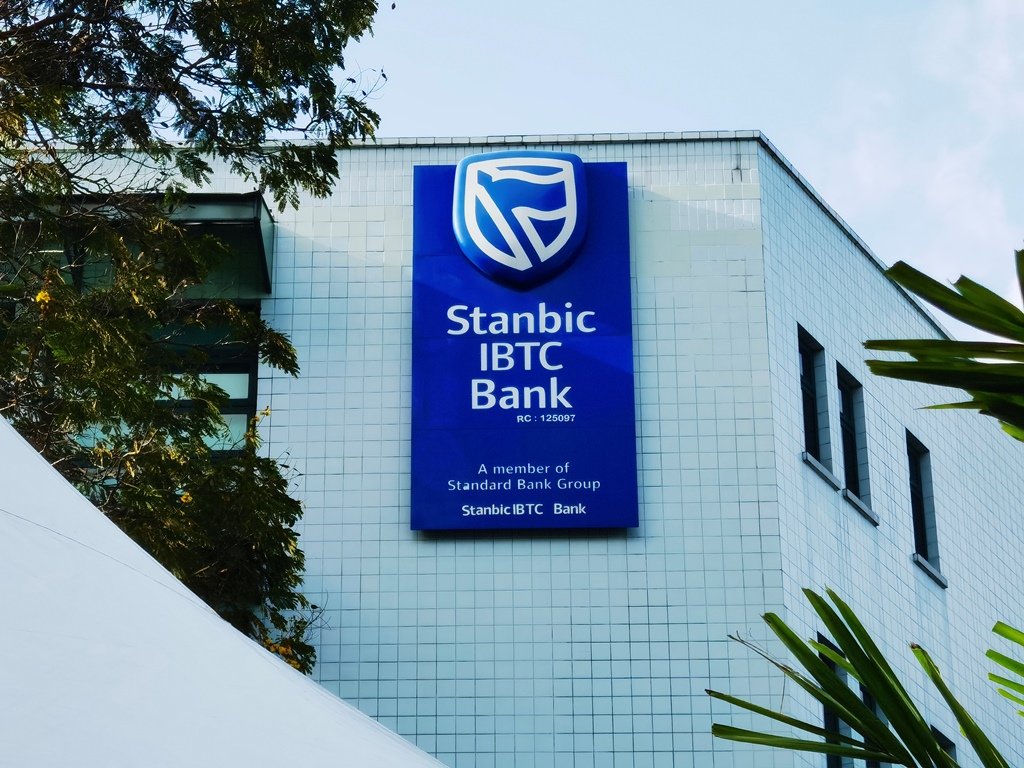Portuguese authorities have carried out searches at the headquarters of Novo Banco, the country’s fourth-largest bank, and the local offices of auditing firm KPMG as part of a wide-ranging investigation into suspected corruption and money laundering linked to the sale of the lender’s assets.
According to a statement from the Portuguese Prosecutor’s Office, the probe concerns alleged active and passive corruption in the private sector, aggravated fraud, and money laundering related to transactions involving Novo Banco’s assets since 2018.
The operation, which took place on Wednesday, involved around 100 inspectors and IT specialists, who executed search warrants at the bank’s premises, private residences, a lawyer’s office, an auditing firm, and 16 other companies. Prosecutors said the raids aimed to identify and seize relevant evidence connected to the investigation.
“The facts in question are likely to constitute the crimes of active and passive corruption in the private sector, aggravated fraud, and money laundering, in the context of the sale of Novo Banco’s assets since 2018,” the prosecutor’s office said in a statement.
Novo Banco
Novo Banco was carved out of the collapsed Banco Espírito Santo (BES) in 2014 following a state-led rescue and recapitalization effort. The institution underwent years of restructuring and asset sales, including the disposal of bad loans and foreign subsidiaries, as part of an EU-approved recovery plan.
In 2017, U.S. private equity firm Lone Star Funds acquired a 75% stake in Novo Banco, with Portugal’s bank resolution fund retaining the remainder. Earlier this year, Lone Star sold the bank to France’s BPCE Group for approximately €6.4 billion ($7.46 billion).
Novo Banco has not yet commented on the searches, while BPCE, its new French parent company, declined to comment on the matter. KPMG confirmed its offices were being searched but said it was not the target of the investigation. It said it was cooperating with the authorities, who were seeking information on one of its clients.


